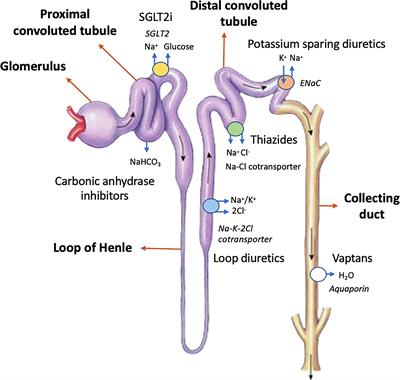Prostaglandin: A Key Regulator of Inflammation and Pain
List of pertinent information about prostaglandins:
1. Prostaglandins are produced in nearly all cells and are part of the body’s response to injury and illness.
2. They act as signals to control various processes depending on the location where they are made.
3. Prostaglandins cause inflammation, pain, and fever at sites of tissue damage or infection.
4. They play a role in blood clotting, regulating blood flow, and controlling muscle contraction and relaxation in the gut and airways.
5. Prostaglandins are involved in regulating the female reproductive system, including ovulation, menstrual cycle, and labor induction.
6. The production of prostaglandins is controlled by two enzymes: cyclooxygenase-1 and cyclooxygenase-2.
7. Prostaglandins carry out their actions by interacting with specific receptors in different organs throughout the body.
8. Prostaglandins have a short lifespan and are quickly broken down by the body.
9. High levels of prostaglandins are produced in response to injury or infection, causing inflammation and symptoms such as redness, swelling, pain, and fever.
10. Excess and chronic production of prostaglandins can contribute to various diseases.
11. Drugs that block cyclooxygenase-2 (COX-2) can be used to treat conditions such as arthritis, heavy menstrual bleeding, and painful menstrual cramps. These drugs may also have a beneficial effect in treating certain types of cancer, although research is ongoing.
12. Anti-inflammatory drugs like aspirin and ibuprofen work by blocking cyclooxygenase enzymes, reducing prostaglandin levels and relieving inflammation.
13. Aspirin can also prevent unwanted blood clotting.
14. Prostaglandins can be administered to increase levels in the body for specific purposes, such as inducing labor, treating stomach ulcers, glaucoma, and congenital heart disease in newborns.
15. Ongoing research may lead to new treatments for various conditions.

